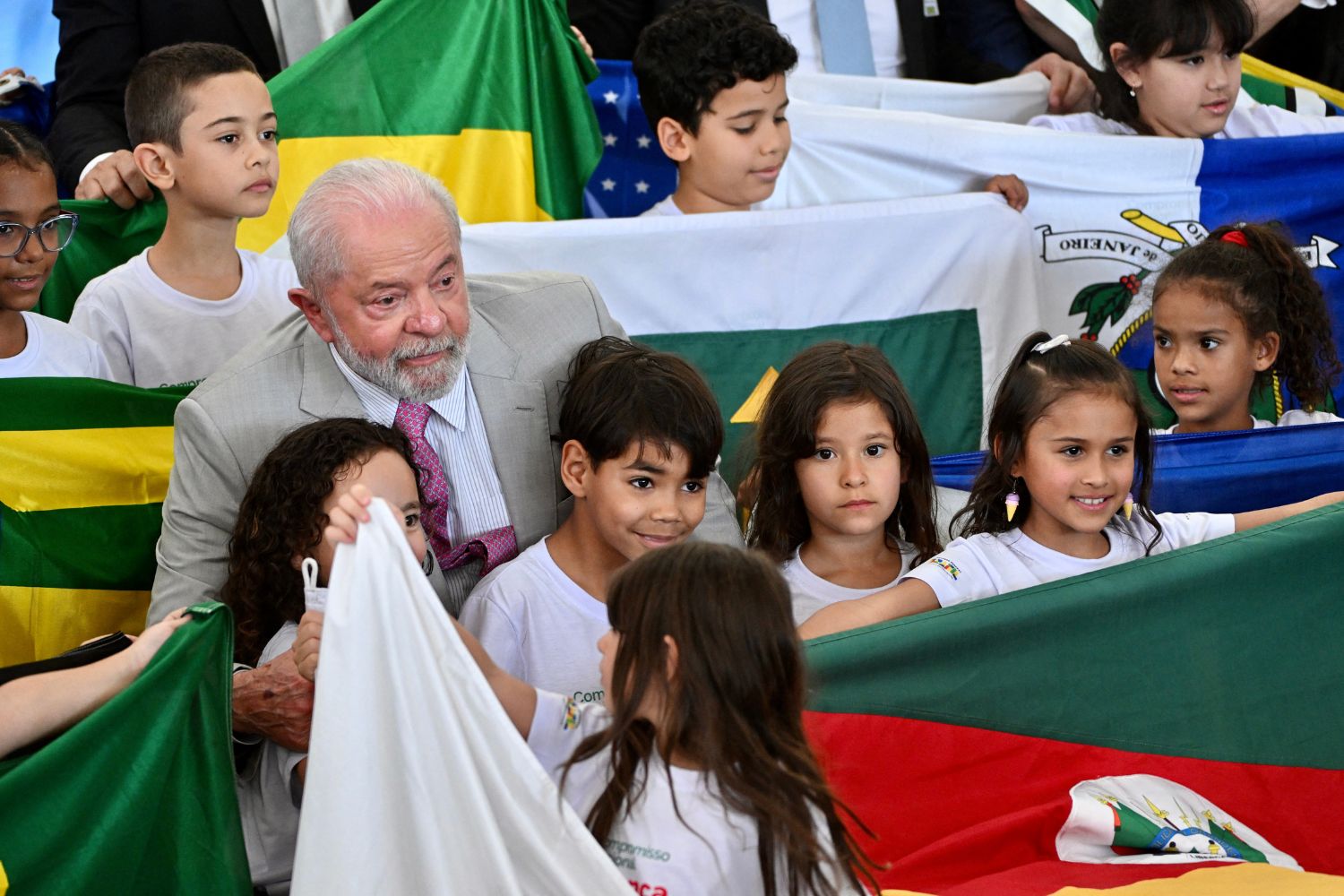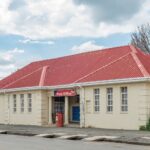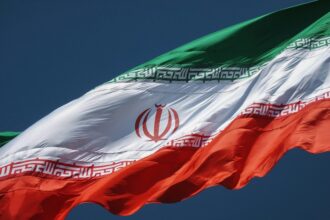Brazil has made significant strides in improving literacy rates over recent decades. As documented by the Brazilian Institute of Geography and Statistics (IBGE), in a report by Brasil 247, the country witnessed a remarkable upward trend in literacy rates amongst individuals aged 15 and older. In 1940, the literacy rate stood at a mere 44%.
In the mid-20th century, Brazil grappled with widespread illiteracy, especially in rural regions and amongst marginalised communities. As the nation rapidly urbanised and its economy developed, the need for a more educated workforce became apparent, prompting substantial government investments in education. By 1980, this figure had surged to 74.5%, marking an impressive increase of 30.5 percentage points over four decades.
By 2022, the literacy rate had further climbed to 93%, reflecting an additional increase of 18.5 percentage points since 1980. Brazil’s education system is vast and complex, serving a diverse population of over 200 million people. It has undergone significant changes over the years, aiming to address various socio-economic challenges and improve overall educational outcomes.
The continues to work at improving the education system with key targets which include universalising early childhood education, eliminating illiteracy, and ensuring full access to secondary education. Inequality remains a significant barrier to educational equity in Brazil, affecting students’ access to quality education and long-term socio-economic opportunities. Brazil has implemented programs to work on these disparities and come up with innovative policies that target the root causes of inequality.
The country has in recent years invested in education and implementing inclusive strategies with hopes towards moving to a more equitable and prosperous future for all its citizens. The dropout rate in Brazil remains a significant concern, affecting the country’s social and economic development. Despite progress in expanding access to education, many students still leave school prematurely, particularly at the secondary education level.
This is particularly evident in public schools and rural areas, where socio-economic challenges are more pronounced. This also affecting the literacy rate of the country. As reported by Brasil 247, In 2022, the IBGE reported that the lowest illiteracy rate, just 1.5%, was found amongst the 15 to 19 age group. This highlights the significant progress made in improving educational access and quality for younger generations.
ALSO READ: South Africa’s consumer Inflation rate drops ahead of the Election
Gender analysis revealed that women in Brazil generally achieve higher educational attainment and literacy rates compared to men. In 2022, 93.5% of women were literate, compared to 92.5% of men. This trend of female educational advantage is consistent across almost all age groups, with the notable exception of those aged 65 and over. The most pronounced gender gap in literacy was observed in the 45 to 54 age group, where the literacy rate for women exceeded that for men by 2.7 percentage points.
Despite this, women under 45 years of age also consistently show higher literacy rates than their male counterparts across various age brackets. Literacy rates serve as a key indicator of a country’s human capital development, social progress, and prospects for sustainable development. Governments, policymakers, and international organisations often prioritise initiatives aimed at improving literacy rates as part of broader efforts to promote socio-economic development and human well-being.
BRICS countries exhibit varying literacy rates, reflecting diverse educational outcomes and development levels. Russia leads with an impressive literacy rate of 99.7%, indicating near-universal literacy amongst its population. China follows with a high literacy rate of 96.8%, showcasing its significant progress in education. South Africa and Brazil also have commendable literacy rates of 94% and 93%, respectively, though there is room for improvement. India, while making strides, has the lowest literacy rate amongst the BRICS nations at 77.7%, highlighting ongoing challenges in achieving universal literacy.
These disparities underscore the different educational priorities and challenges faced by each country within the BRICS coalition. The steady rise in Brazil’s literacy rates, from 44% in 1940 to 93% in 2022, underscores the country’s significant progress in education. The data also highlights the gender disparities favouring women, with females generally exhibiting higher literacy rates than males, especially in the younger and middle-aged groups.
This progress is a testament to the ongoing efforts to improve educational access and quality across Brazil, benefiting both current and future generations. Improving literacy and education has been a key priority for the Brazilian government, recognising that these are essential components for socio-economic development and equality. Over the years, various programs and reforms have been implemented to address the challenges within the education system. These efforts are essential for fostering socio-economic development and reducing inequality, paving the way for a more educated and prosperous society.
ALSO READ: South Africa youth unemployment and the death of traditional employment













